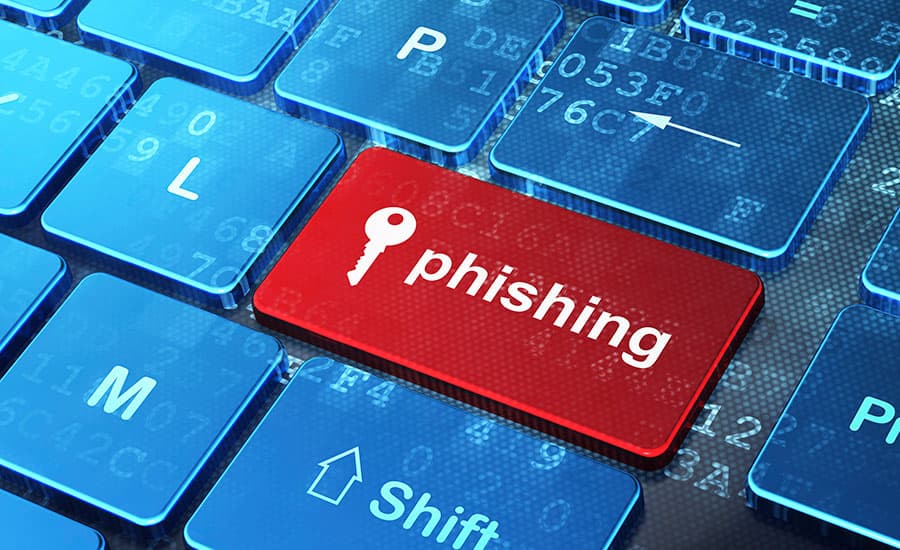Oops! You've clicked a phishing link. Your details have been compromised!

WhatsApp Phishing
In today's digital world, staying connected through platforms like WhatsApp is essential. Unfortunately, cybercriminals have caught on and are now using these very channels to trick unsuspecting individuals into giving up their personal information.
This practice, known as phishing, has become more sophisticated and dangerous. Scammers pose as trusted entities, like your bank, favorite brands, or even friends, in order to steal sensitive information such as passwords, OTPs, and bank details.
What is WhatsApp Phishing?
Phishing is a type of cyber attack where scammers pretend to be a trustworthy source to trick you into sharing sensitive information. On WhatsApp, phishing usually involves urgent or too-good-to-be-true messages.
Common Signs
- Unsolicited messages from unknown contacts
- Links to external websites
- Requests for personal information
- Messages urging immediate action
How to Protect Yourself
- Don't click on suspicious links
- Verify the sender
- Enable Two-Step Verification
- Educate yourself and loved ones
How Phishing Attacks Work

What to Do if You've Been Scammed
- Change your passwords immediately
- Contact your bank
- Enable Two-Step Verification
- Report the scam
- Monitor your accounts closely
- Educate others
How to prevent Phishing Attack
Stop, Look, Think
Did anything look out of the ordinary? Did you recognize the sender's address? Was it similar but not the same as an official email?

Do you spot a red flag?
To help protect yourself from phishing attacks, always ensure that any email from an external sender displays a caution message at the top. Do you see this warning banner in your emails?

When in doubt throw it out
If you ever feel that an email seems suspicious, it's always better to be safe. Avoid clicking on any links or sharing personal information, and report it to the relevant authorities or your email provider.

Educating Our Parents: Why It's So Important
Our parents and older relatives may not be as familiar with the latest cyber threats, making them prime targets for phishing scams. It's crucial to educate them about these risks.
- Simplify the explanation
- Use real-world examples
- Set up protections for them
- Be patient
Let's stay vigilant, protect ourselves, and help others avoid these scams. Together, we can make our online space a safer place.
Stay Safe. Stay Informed. Protect Yourself and Your Loved Ones.
